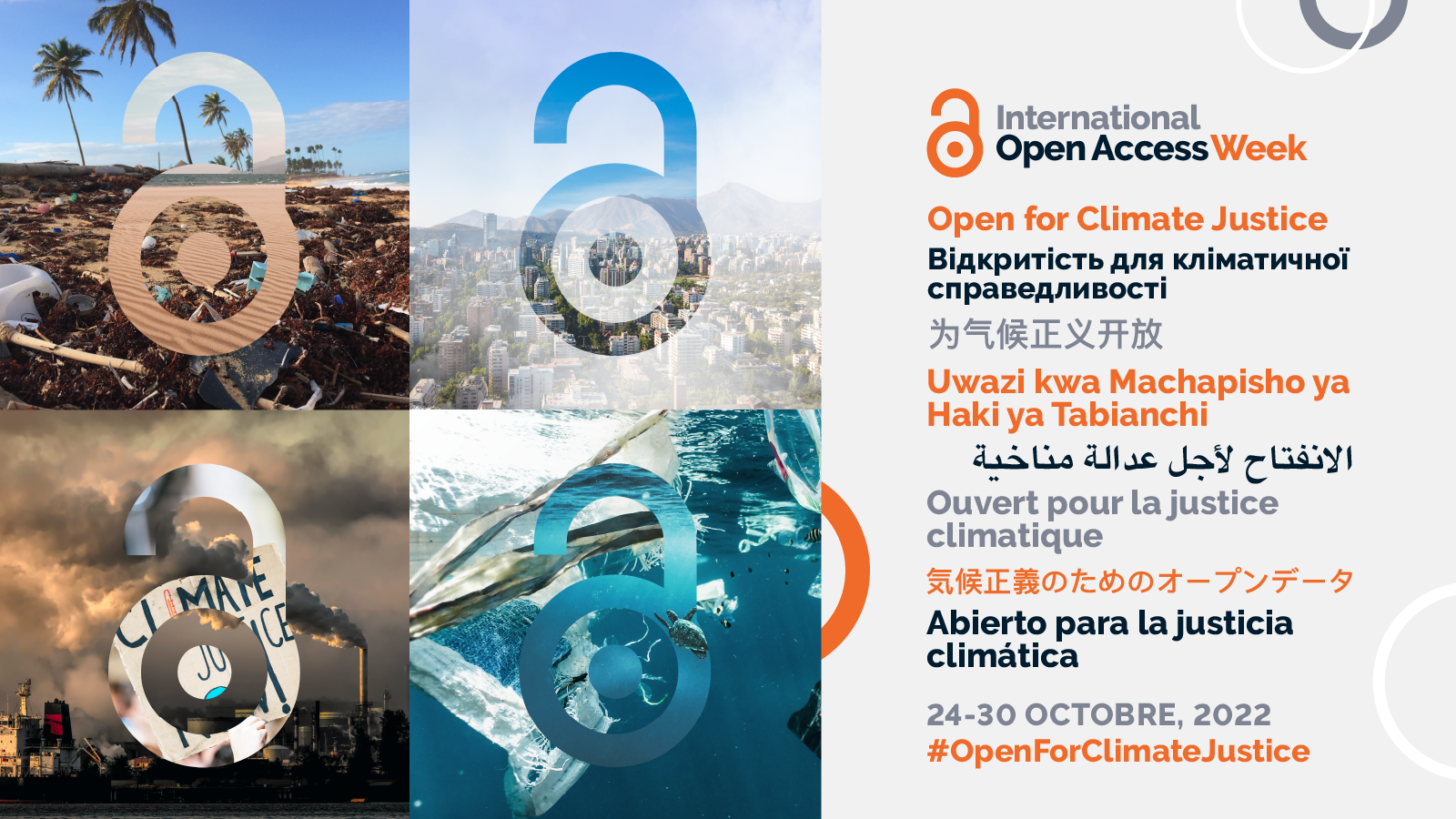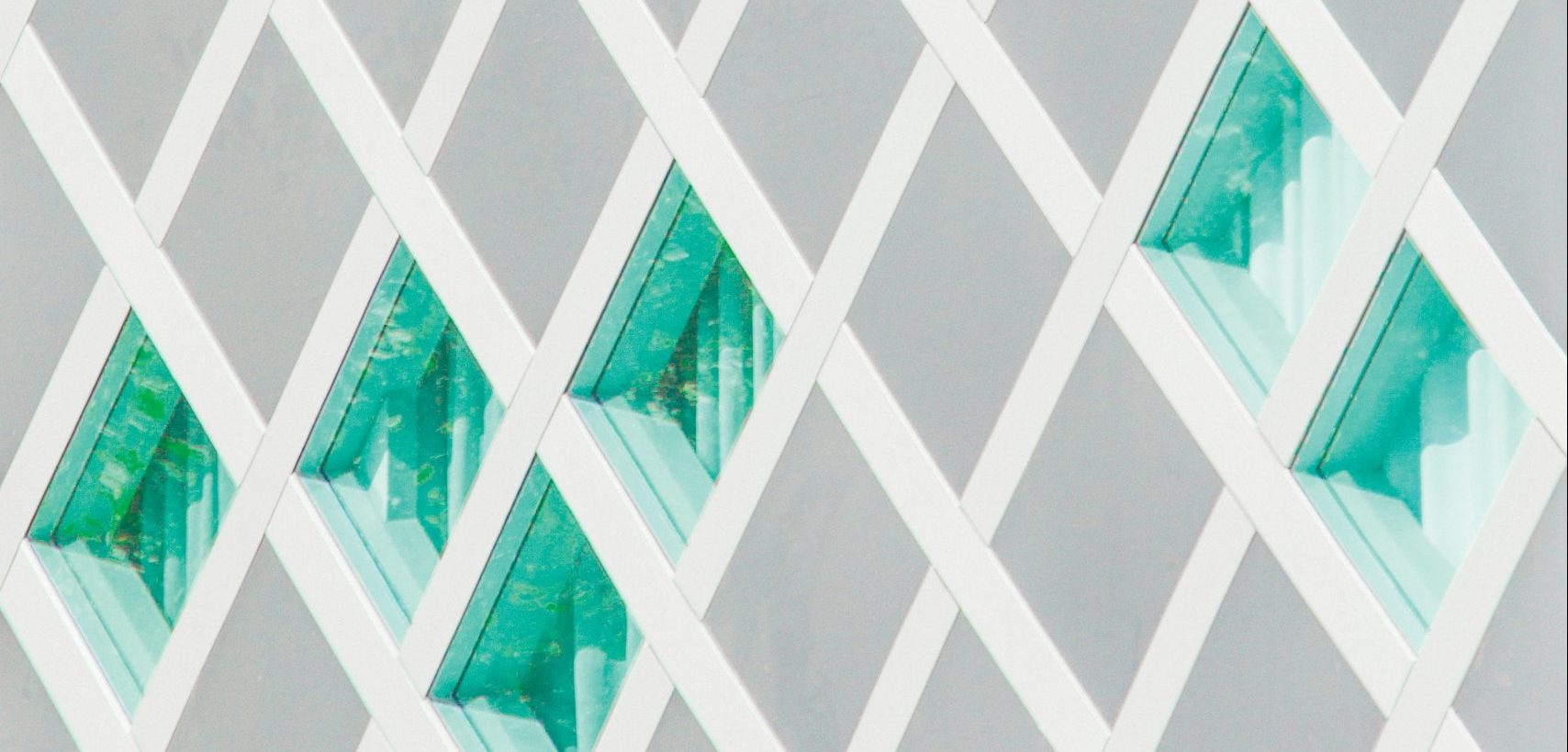
by Caroline Winter | 17 March 2023 | English, Observations, Observations and Responses
For the past decade or more, a trend has been observed in the scholarly communications ecosystem toward market consolidation, with fewer companies owning increasing shares of the market. A study by Data Think estimated that, in 2021, very large publishers (those with more than 500 journals) accounted for only 0.06% of the publishers in their study but published nearly half—47%—of all articles (Pollock 2022). This increasing market consolidation has raised concerns in the open scholarship community and in the broader academic community.

by Caroline Winter | 27 January 2023 | English, Observations, Observations and Responses
The 15th annual International Open Access Week ran from October 24–30. This year’s theme was “Open for Climate Justice,” acknowledging that the widespread effects of climate change are experienced differently by different groups of people. One of the ways this injustice manifests is through inequitable levels of access to knowledge and information about climate change, so open access (OA) “can create pathways to more equitable knowledge sharing and serve as a means to address the inequities that shape the impacts of climate change and our response to them” (“Theme” 2022).

by Caroline Winter | 27 January 2023 | French, Observations, Observations and Responses
La 15e Semaine internationale du libre accès s’est déroulée du 24 au 30 octobre. Le thème de cette année était « Ouvert à la justice climatique », reconnaissant que les effets généralisés du changement climatique sont vécus différemment par différents groupes de personnes. Une des façons dont cette injustice se manifeste est à travers les niveaux inéquitables d’accès aux connaissances et à l’information sur le changement climatique, alors le libre accès « peut créer des voies vers un partage plus équitable des connaissances et servir de moyen de lutte contre les inégalités qui conditionnent les impacts du changement climatique et notre réponse à ces derniers » (« Semaine » 2022).

by Caroline Winter | 6 January 2023 | English, Observations, Observations and Responses
In March 2022, Science Europe, cOAlition S, Open Scholarly Communication in the European Research Area for Social Sciences and Humanities (OPERAS), and the French National Research Agency announced the release of an Action Plan for Diamond Open Access (Ancion et al. 2022). This Action Plan includes recommendations for supporting and expanding the diamond model of open access (OA). Whereas gold OA refers to publications made openly available to read on journals’ websites (often, though not necessarily, supported by article processing charges or APCs) and green OA refers to publications made free to read through deposit in a repository, diamond OA refers to publications that are free for readers and for authors (see “What are the Different Types of Open Access” from Open Access Australasia).

by Caroline Winter | 6 January 2023 | French, Observations, Observations and Responses
En mars 2022, Science Europe, cOAlition S, Open Scholarly Communication in the European Research Area for Social Sciences and Humanities (OPERAS) et l’Agence nationale de la recherche ont annoncé la publication du document Action Plan for Diamond Open Access (Ancion et al. 2022). Ce plan d’action comprend des recommandations pour soutenir et étendre le modèle du libre accès diamant. Alors que le libre accès doré fait référence aux publications rendues librement disponibles pour lire sur les sites Web des revues (souvent, mais pas nécessairement, subventionnées par des frais de publication d’articles) et que le libre accès vert fait référence aux publications rendues librement disponibles pour un dépôt, le libre accès diamant fait référence à des publications gratuites pour les lecteurs et pour les auteurs (voir “What are the Different Types of Open Access” d’Open Access Australasia).



